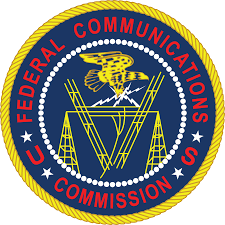
FCC
WASHINGTON — The FCC Enforcement Bureau today warned three more voice service providers that are apparently transmitting illegal robocalls on their networks that they have 48 hours to stop facilitating this traffic or face all their traffic being blocked by other providers. The investigation into one of the providers, thinQ, was bolstered by findings from the Office of North Carolina Attorney General Josh Stein.
FCC Chairwoman Jessica Rosenworcel has made clear to such network participants that they must meet their obligations to protect consumers from scams or lose access to other networks. The FCC has carefully constructed the tools necessary to take swift and impactful action against bad actors – this means not only possible fines when violations occur, but also business consequences for those removed from the Robocall Mitigation Database.
“There are far too many phone companies that count illegal robocallers among their clients, and that’s bad business,” said Chairwoman Rosenworcel. “It is illegal to allow these junk calls to flood consumers’ phones, and there are consequences for phone companies that do not take immediate action to stop participating in these schemes.”
Today’s letters to thinQ Technologies, Airespring, and Hello Hello Miami mean that more than a dozen voice service providers have now received cease-and-desist letters. To date, all recipients have quickly responded and committed to take actions to stop the flow of robocalls on their networks. That said, the FCC and its partners remain vigilant in monitoring these – and all – providers’ efforts to ensure unyielding compliance with consumer protection requirements going forward.
FCC investigations found that thinQ, Airespring, and Hello Hello Miami were apparently facilitating illegal robocall traffic on their networks. These investigations relied in part on information collected by the Traceback Consortium which, having been made aware of suspicious activity, traced the illegal robocall traffic to these providers. In addition, in the case of thinQ, the North Carolina Department of Justice identified that company as a source of illegal robocall traffic.
Chairwoman Rosenworcel added: “I want to thank Attorney General Stein and his team for their continued focus on protecting North Carolinians from robocall scams. Ours is a model partnership for combating robocalls.”



